Programme
| Monday 23 June - Workshops and Tutorials | |
| 08:00 - 09:00 | Registration & welcome coffee |
| 09:00 - 12:30 |
3rd International Workshop on Gender-Inclusive Translation Technologies (GITT 2025)
R060 NEW: R170 Programme
1st Workshop on Artificial Intelligence and Easy and Plain Language in Institutional Contexts
R170 NEW: R060 Programme |
| 12:30 - 13:30 | Lunch Break |
| 13:30 - 17:30 |
(continued) 3rd International Workshop on Gender-Inclusive Translation
Technologies (GITT 2025)
R060 NEW: R170
(continued) 1st Workshop on Artificial Intelligence and Easy and Plain
Language in Institutional Contexts
R170 NEW: R060 |
| Tuesday 24 June - Workshops and Tutorials | |
| 08:00 - 09:00 | Registration |
| 09:00 - 12:30 |
3rd International Workshop on Automatic Translation for Signed and Spoken Languages (AT4SSL)
R070 NEW: R170 Programme |
| 12:30 - 13:30 | Lunch Break |
| 13:30 - 17:30 |
(continued) 2nd Workshop on Creative-text Translation and Technology
(CTT 2025)
R060
(continued) 3rd International Workshop on Automatic Translation for
Signed and Spoken Languages (AT4SSL)
R070 NEW: R170
Tutorial: Best practices for data quality in human annotation of translation datasets
R170 NEW: R070 More info |
| 18:30 - |
Welcome Reception
Note regarding badges: the welcome desk at the conference venue (Uni Mail) will close at 5.30pm. If you are heading directly to the welcome reception, you can pick up your badge there from 6.30pm. Else you can of course pick up your badge on any of the following days at the welcome desk. |
| Wednesday 25 June - Main Conference | |
| 08:00 - 09:00 | Registration and welcome coffee |
| 09:00 - 09:30 | Opening Ceremony R080 |
| 09:30 - 10:30 |
Keynote Speech: Sarah Ebling, University of Zurich (UZH)
In this talk, I will highlight the challenges of automatic translation between spoken languages and sign languages, touching on the topics of representation, data, and ethics. Additionally, I will introduce preprocessing tasks and discuss their state of the art. I will present research conducted in our group in the different areas. |
| 10:30 - 11:00 | Coffee Break |
| 11:00 - 12:30 |
Parallel sessions:
Session chair: Andrei Popescu-Belis
Session chair: Lieve Macken
|
| 12:30 - 13:30 | Lunch Break |
| 13:30 - 15:00 |
Parallel sessions:
Session chair: Catarina Farinha
Session chair: Dorothy Kenny
|
| 15:00 - 15:30 |
Sponsored Talk: STAR Group
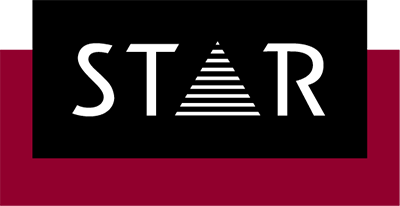
Diana Ballard and Julian Hamm
Generative AI is both exciting and overwhelming. Translation buyers and vendors often find themselves confronted with shorter throughput times and lower budgets to deliver the same high-quality translations. Therefore, localization workflows need to be scalable and fully in line with dynamic quality requirements. Even though NMT and LLMs are gradually dissolving the borders between content creation and localization, TMS applications are essential when it comes to providing a central hub where all translation resources can be aligned. You will learn how STAR as a long-standing player in the language technology and services industry strives to transform localization workflows by moving from tool-based strategies to solution-oriented dynamic frameworks. Those frameworks enable language professionals to fully take advantage of modern technologies and provide business value to customers seeking to elevate their experience. Built around the human in the cockpit approach, we demonstrate how NMT and LLMs can be used for augmented translation, terminology work and quality assurance both from a strategic and technological perspective. |
| 15:30 - 16:00 | Coffee Break |
| 16:00 - 17:30 |
Parallel sessions:
Session chair: Sheila Castilho
Session chair: Martin Volk
|
| 18:00 - | Conference Tour |
| Thursday 26 June - Main Conference | |
| 08:00 - 09:00 | Registration |
| 09:00 - 10:00 |
Parallel sessions:
Session chair: Barry Haddow
Session chair: Maarit Koponen
|
| 10:00 - 10:30 |
Sponsored Talk: World Intellectual Property Organization (WIPO)
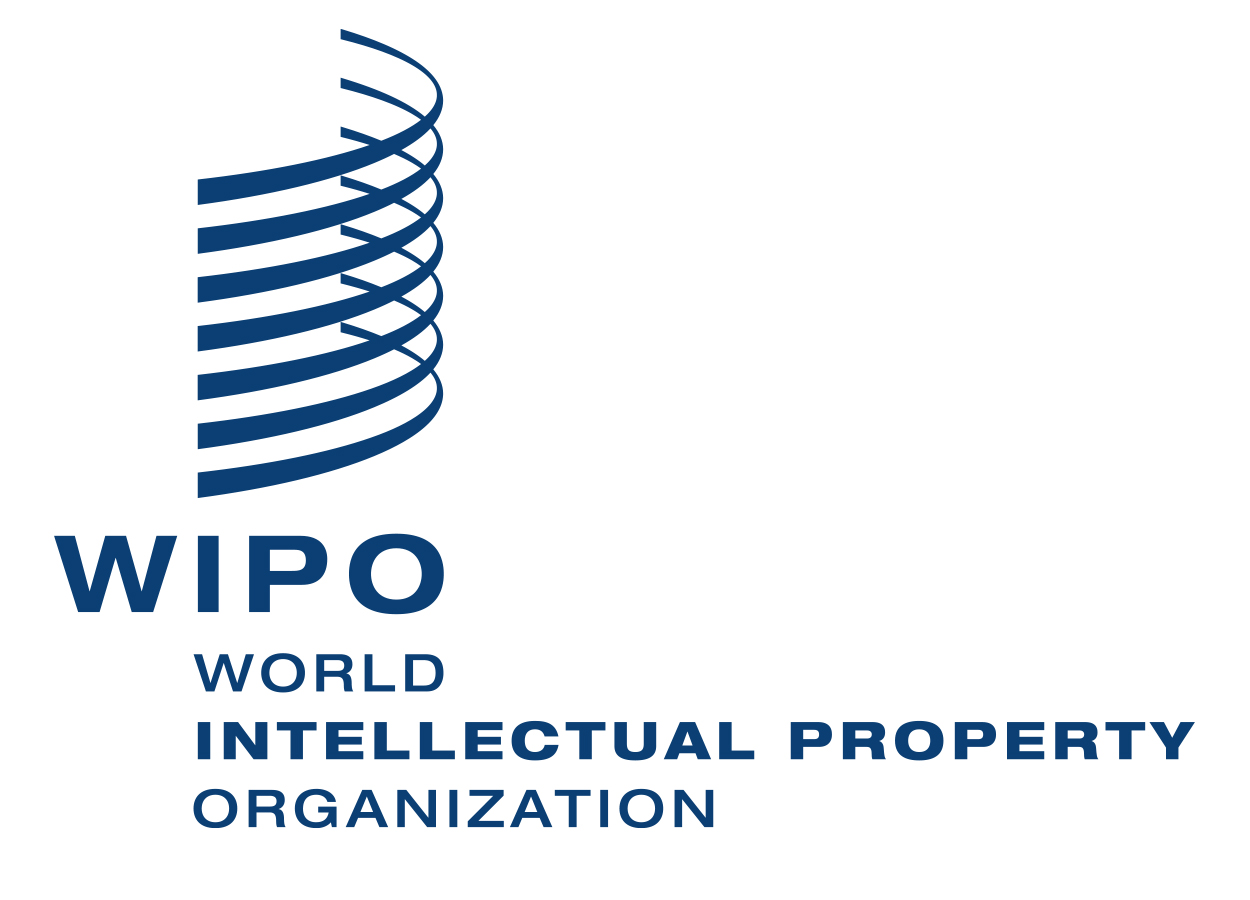
Michal Ziemski and Laurent Gottardo
We will present the in house machine translation solution WIPO Translate, which offers best in class translation in the IP domain and its many use cases at WIPO. Furthermore, we will present the use of post edition in the internal translation workflows. |
| 10:30 - 11:00 | Coffee Break |
| 11:00 - 11:30 | Best Thesis Award R080 |
| 11:30 - 12:30 | Poster Boaster R080, Chair: Dimitar Shterinov |
| 12:30 - 13:30 | Lunch Break |
| 13:30 - 14:30 |
Poster session:
|
| 14:30 - 15:30 |
Keynote Speech: Eva Vanmassenhove, Tilburg University (TiU)
Language is humanity’s primary tool to preserve and transmit knowledge, evolving alongside and with cultural technologies. Today, multilingual large language models (LLMs) represent the latest leap. Emerging evidence, however, suggests that LLMs might subtly (or not so subtly) distort language over time, amplifying frequent patterns while eroding linguistic richness, a phenomenon linked to model collapse which had already been observed in Neural Machine Translation (NMT) systems even before it was formally named. Unlike the visible artefacts that have already been observed in the AI-generated images created by computer vision models, linguistic shifts, such as the loss of the long tails of language, risk going unnoticed. Yet, they mayhave profound implications for language, translation, diversity, and the integrity of communication across different languages. This keynote will explore these ideas and connect them to specific translation issues, asking: What is (or will be) at stake when our world of words becomes increasingly shaped by multilingual LLMs. |
| 15:30 - 16:00 | Coffee Break |
| 16:00 - 17:30 | EAMT/ IAMT general assembly R080 |
| 19:00 - | Conference Dinner |
| Friday 27 June - Main Conference | |
| 08:00 - 09:00 | Registration |
| 09:00 - 10:30 |
Parallel sessions:
Session chair: Miquel Espla
Session chair: Joke Daems
Session chair: Dominic P. Fischer
|
| 10:30 - 11:00 | Coffee Break |
| 11:00 - 12:00 |
Keynote Speech: Joss Moorkens, Dublin City University (DCU)
This talk reflects on ethical issues with MT using LLMs, looking particularly at a recent evaluation study in the medical domain. This study, and the potential for its findings to be used as a basis for action, bring abstract ethical issues into focus. More broadly, the heightened attention and potential for impact of MT and LLM research brings an added sense of responsibility for researchers, although this might be balanced with opportunities to contribute to the common good. |
| 12:00 - 12:30 |
Sponsored Talk: BIG Language

Maciej Modrzejewski, Machine Learning Architect at BIG
As localization demands scale across industries, the pressure to deliver high-quality translations faster, without compromising accuracy or compliance, is intensifying. In this talk, we explore how generative AI is not just enhancing but fundamentally redefining localization workflows. |
| 12:30 - 13:30 | Lunch Break |
| 13:30 - 14:30 | Poster Boaster R080, Chair: Mikel Forcada |
| 14:30 - 15:30 |
Poster Session:
|
| 15:30 - 16:00 | Coffee Break |
| 16:00 - 17:00 | Closing ceremony, including IAMT Award of Honour, Best Paper Award. Announcement: EAMT 2026,
MT Summit 2027
R080 |
Keynote speakers
Sarah Ebling
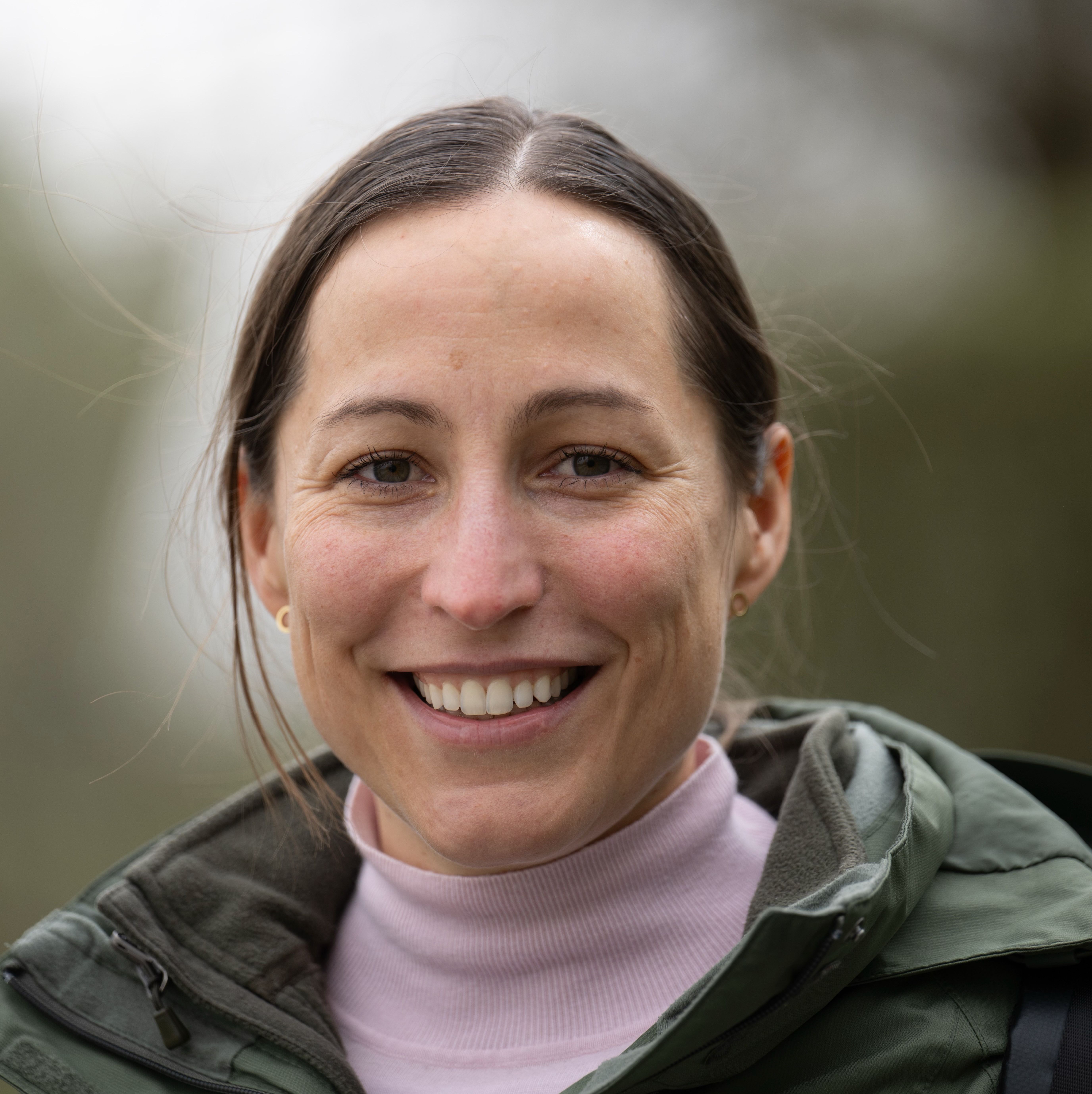
Wednesday, 25 June (9.30 am - 10.30 am) — see in programme
Sarah Ebling is Full Professor of Language, Technology and Accessibility at the University of Zurich. Based
in the field of computational linguistics, her research focuses on language-based assistive technologies in
the context of persons with disabilities. Specifically, Sarah Ebling's research takes place in the context
of deafness and hearing impairment, blindness and visual impairment, cognitive impairment, and language
disorders. She is conducting research on sign language technologies, automatic text simplification,
technologies for the audio description process, and computer-aided language sample analysis.
Sarah Ebling is involved in international and national projects and is the PI of a large-scale Swiss
innovation project entitled "Inclusive Information and Communication Technologies" (2022-2026; https://www.iict.uzh.ch/).
Joss Moorkens
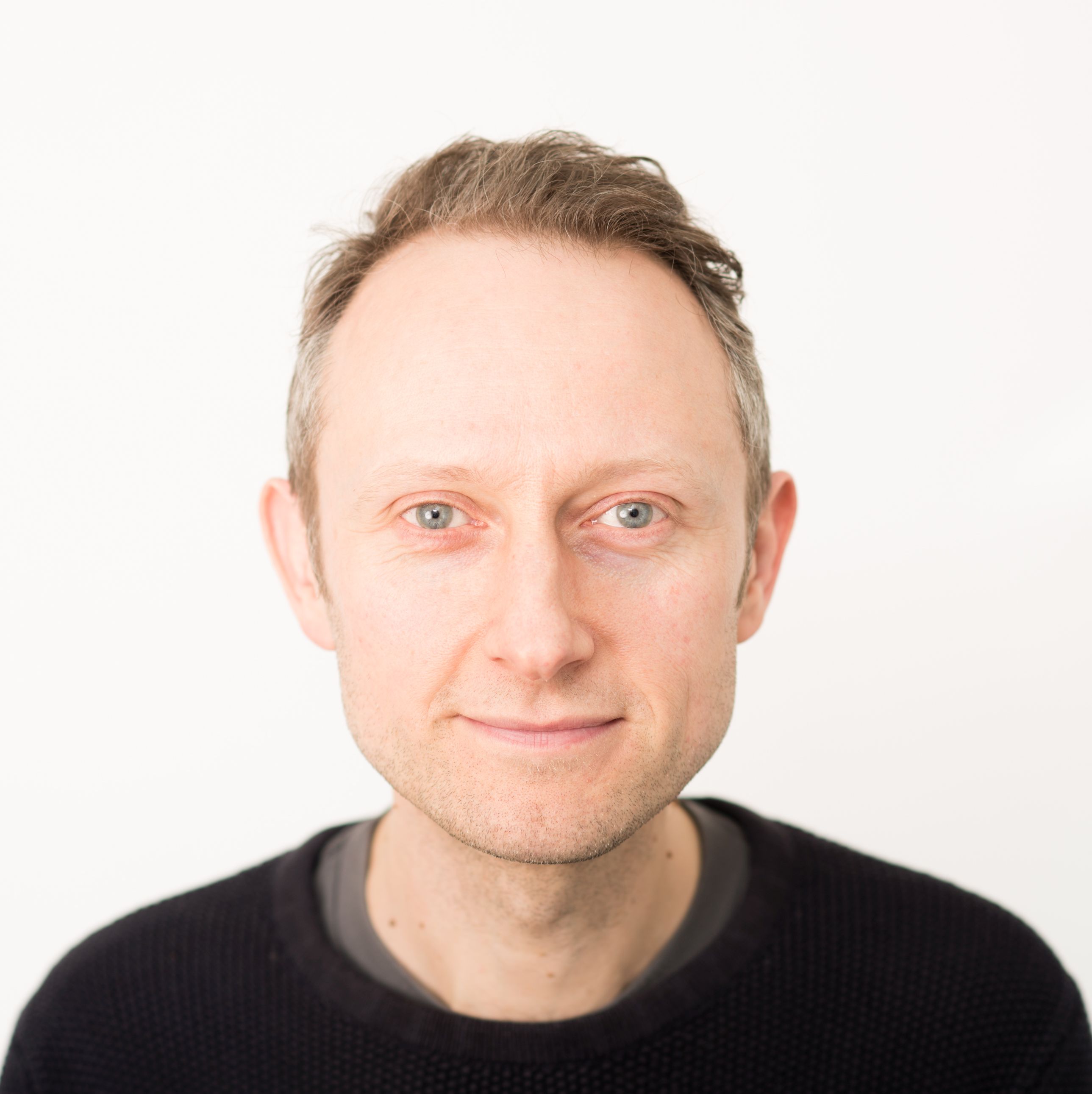
Friday, 27 June (11 am - 12 pm) — see in programme
Joss Moorkens is an Associate Professor at the School of Applied Language and Intercultural Studies in Dublin City University (DCU), Science Lead at the ADAPT Centre, and member of DCU’s Institute of Ethics and Centre for Translation and Textual Studies. He has published over 60 articles and papers on the topics of translation technology interaction and evaluation, translator precarity, and translation ethics. He is General Co-Editor of the journal Translation Spaces with Prof. Dorothy Kenny, co-editor of a number of books and journal special issues, and co-author of the textbooks Translation Tools and Technologies (Routledge 2023) and Automating Translation (Routledge 2024). He sits on the board of the European Masters in Translation Network.
Eva Vanmassenhove
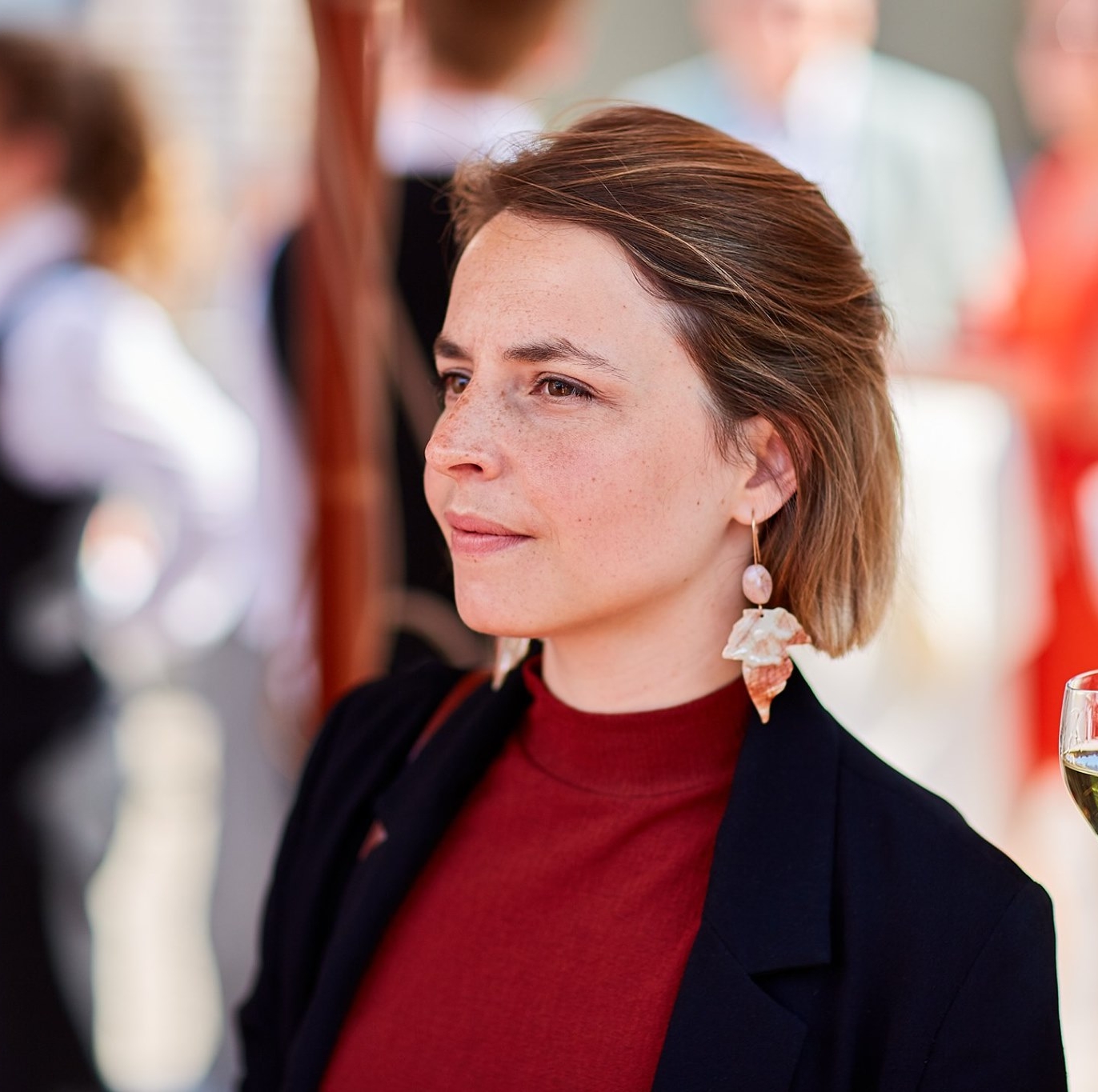
Thursday, 26 June (2.30 pm - 3.30 pm) — see in programme
Eva Vanmassenhove is a researcher specializing in Machine Translation and Language Technology, with a strong focus on tackling gender and algorithmic biases in translation systems. She earned her PhD from Dublin City University and now serves as an assistant professor in the Department of Cognitive Science and Artificial Intelligence at Tilburg University (TiU). At TiU, she contributes to the Computation and Psycholinguistics Research unit and the Inclusive and Sustainable Machine Translation Research Line. Her work aims to enhance machine translation by addressing biases, especially in gender representation, while preserving linguistic richness.
Workshops
The following workshops will take place on 23-24 June.
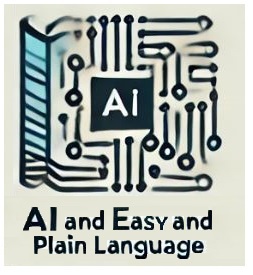
1st Workshop on Artificial Intelligence and Easy and Plain Language in Institutional Contexts (AI & EL/PL)
Monday, 23 June (9 am - 5 pm)
This full-day workshop will delve into cutting-edge technologies that advance the production of Easy and Plain Language, with a particular emphasis on Automatic Text Simplification (ATS) and the role of Large Language Models (LLMs) in generating, validating, and refining accessible communication across institutional contexts. Participants will gain a comprehensive understanding of how AI is revolutionising accessible communication, particularly through its applications in Easy and Plain Language. The workshop will offer insights into AI's potential to automate and optimise language simplification processes, while also fostering a collaborative environment for professionals to exchange best practices and experiences. By engaging with like-minded peers, attendees will be equipped to develop innovative, collaborative solutions that enhance their future work and drive progress in the field of accessible communication.
Organisers:
María Isabel Rivas Ginel (Dublin City University)
Paolo Canavese (Université de Genève)
Patrick Cadwell (Dublin City University)
Will Noonan (Université de Bourgogne)
Martin Kappus (ZHAW School of Applied Linguistics)
Anna Matamala (Universitat Autònoma de Barcelona)
Silvia Hansen-Schirra (Johannes Gutenberg University)
Keynote: Christiane Maaß
Interactive session: Silvia Hansen-Schirra
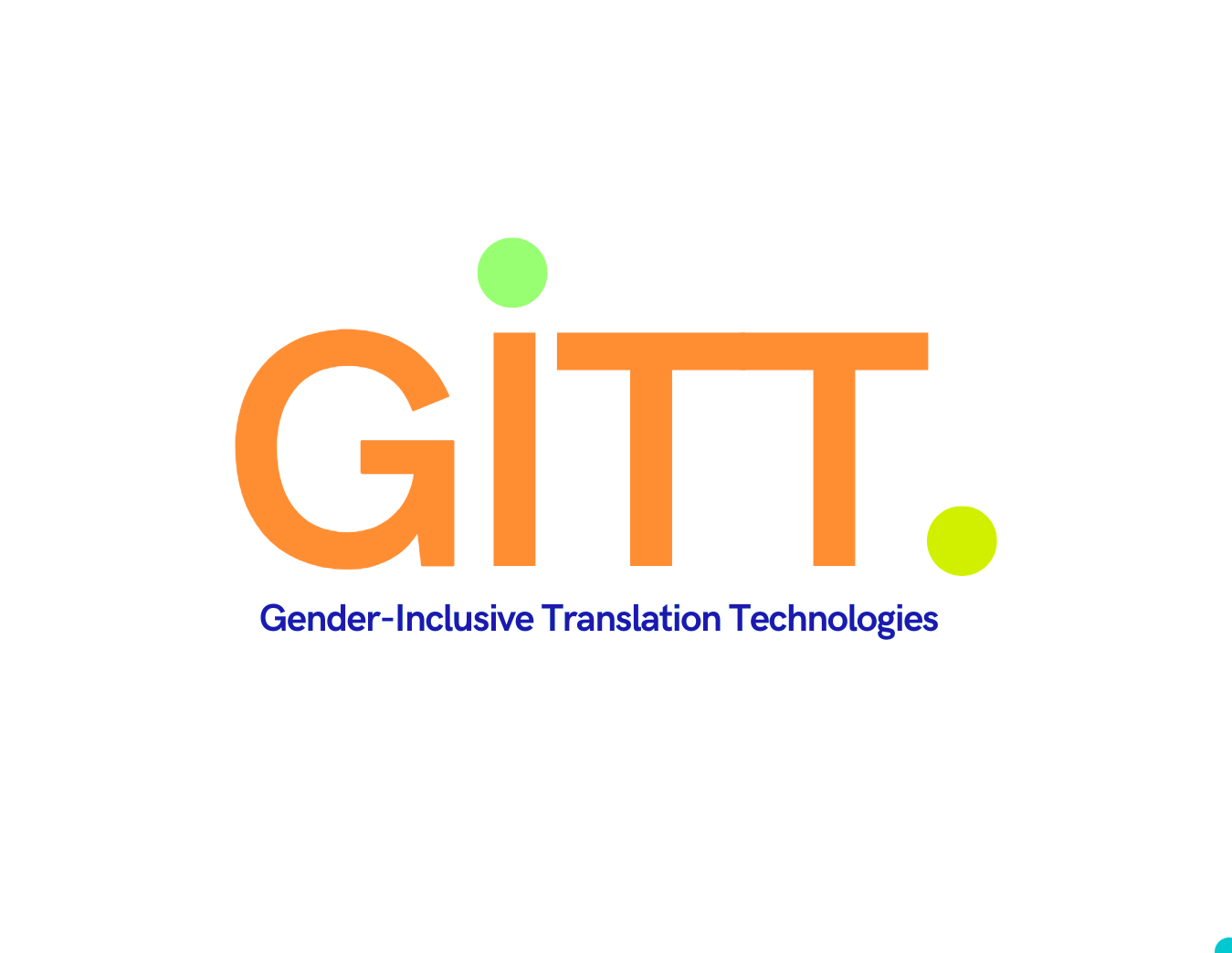
3rd International Workshop on Gender-Inclusive Translation Technologies (GITT 2025)
Monday, 23 June (9 am - 5 pm)
The Gender-Inclusive Translation Technologies Workshop (GITT) is set out to be the dedicated workshop that focuses on gender-inclusive language in translation and cross-lingual scenarios. The workshop aims to bring together researchers from diverse areas, including industry partners, MT practitioners, and language professionals. GITT aims to encourage multidisciplinary research that develops and interrogates both solutions and challenges for addressing bias and promoting gender inclusivity in MT and translation tools, including LMs applications for the translation task.
Organisers:
Luisa Bentivogli (Fondazione Bruno Kessler)
Eva Vanmassenhove (Tilburg University)
Beatrice Savoldi (Fondazione Bruno Kessler)
Joke Daems (Ghent University)
Janiça Hackenbuchner (Ghent University)
Chiara Manna (Tilburg University)

3rd International Workshop on Automatic Translation for Signed and Spoken Languages (AT4SSL)
Tuesday, 24 June (9 am - 5 pm)
The rapid technological and methodological advances in deep learning, and in AI in general, that we see in
the
last decade, have not only improved machine translation, recognition of image, video and audio, the
understanding
of language, the synthesis of life-like 3D avatars, etc., but have also led to the fusion of
interdisciplinary
research that lays the foundation of automated translation services between sign and spoken languages such
as the
SignON and EASIER projects.
The International Workshop on Automatic Translation for Signed and Spoken Languages (AT4SSL) is a one-day
event
aiming to bring together researchers, practitioners, interpreters and innovators who focus on SL
linguistics,
machine translation, natural language processing, interpreting of signed and spoken languages, image and
video
recognition, avatar synthesis, and other related fields, to discuss problems, challenges and opportunities
for the
automated and computer-assisted translation of sign-to-spoken, spoken-to-sign and sign-to-sign
communication.
The third edition of AT4SSL aims to be a venue for presenting and discussing (complete, ongoing or future)
research. It will feature a key-note speaker and host a discussion about current challenges, innovations and
future developments related to the automatic translation between sign and spoken languages.
The theme of the third edition of the AT4SSL workshop is Co-creation for positive impact.
Organisers:
Dimitar Shterionov (Tilburg University)
Mirella De Sisto (Tilburg University)
Vincent Vandeghinste (KU Leuven & Dutch Language Institute)
Victoria Nyst (Leiden University)
Myriam Vermeerbergen (KU Leuven)
Floris Roelofsen (University of Amsterdam)
Bram Vanroy (KU Leuven & Dutch Language Institute)
Lisa Lepp (Tilburg University)
Irene Strasly (University of Geneva)
Invited speakers: Gomer Otterspeer and Tobias de Ronde.
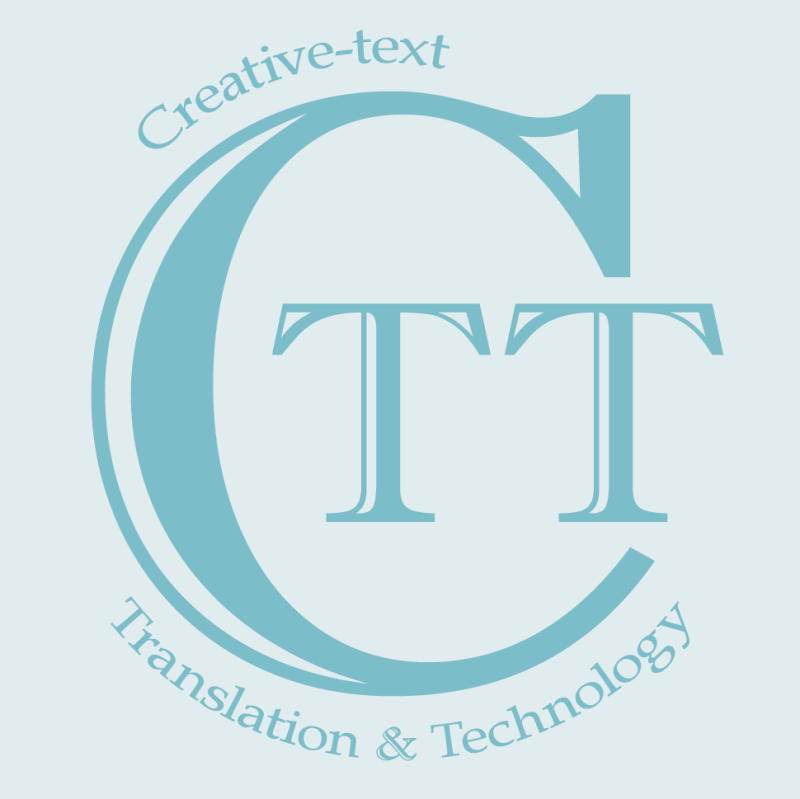
2nd Workshop on Creative-text Translation and Technology (CTT 2025)
Tuesday, 24 June (9 am - 5 pm)
The workshop on Creative-text Translation and Technology (CTT) aims to attract a broad range of attendees, such as researchers, educators, translators and industry stakeholders, to discuss the applicability of language technology on translation efforts. Translation technology encompasses tools such as large language models (LLM), machine translation (MT) and computer-assisted translation (CAT) and their application in creative use cases such as marketing, literature and poetry, audiovisual translation and subtitling, and multilingual content creation on social media. We also encourage paper submissions on reception studies, and the development and user-testing of tools related to creative-text translation.
Organisers:
Bram Vanroy (KU Leuven & Dutch Language Institute)
Marie-Aude Lefer (UCLouvain)
Lieve Macken (Ghent University)
Paola Ruffo (University of St Andrews)
Ana Guerberof Arenas (University of Groningen)
Damien Hansen (Université libre de Bruxelles)

11th Workshop on Patent and Scientific Literature Translation (PSLT 2025)
Tuesday, 24 June (9 am - 12.30 pm)
Following the success of the previous workshops on Patent and Scientific Literature Translation, we are organizing the 11th Workshop on Patent and Scientific Literature Translation (PSLT 2025) held in conjunction with MT Summit 2025 in Geneva, Switzerland. The rapid growth of patent applications and scientific publications has increased the needs of machine translation for faster and larger access to technical information worldwide. Recent advances of machine translation technologies together with large-scale multilingual corpora and large language models has improved such translation significantly, while there still remain open problems to make the machine translation results more sophisticated. The workshop covers a wide range of topics related to the unique features of scientific literature including patents, scientific papers, and technical reports. The workshop, which consists of invited talks, presentation of submitted papers, and free discussion will be an opportunity for researchers and practitioners to get together and exchange their ideas and experiences.
Organisers:
Isao Goto (Ehime University)
Takashi Tsunakawa (Shizuoka University)
Katsuhito Sudoh (Nara Women’s University)
Invited speakers: Bruno Pouliquen (WIPO) and Ryota Murakami (Japan Patent Office).
Tutorials
The following tutorials will take place on 23-24 June.
Understanding Large Language Model-Generated Translations: How Can They Adapt to Different Translation Specifications and Pass the Translation Turing Test?
Monday, 23 June (9 am - 12.30 pm)
Want to master cutting-edge methods for evaluating LLM-generated translations? Join our interactive tutorial
to learn a powerful three-pronged approach that combines the Translation Turing Test (TTT), Multidimensional
Quality Metrics (MQM), and syntactic complexity analysis!
In this dynamic half-day session, you will discover how to comprehensively assess generative AI translation
systems through hands-on practice. Learn to evaluate whether generative AI can truly match human project
managers in translation workflows, use MQM's structured error categories to quantify translation quality, and
analyze how LLMs adapt syntactic complexity based on client specifications and language pairs. Working with
the CRITT TPR-DB
platform, you will gain practical experience in measuring and comparing translation quality across
different scenarios.
Led by experienced researchers, this tutorial is perfect for MT researchers, translation technology
developers, project managers, and quality assurance specialists. You will walk away with concrete, applicable
skills and a robust toolkit for evaluating and improving machine translation systems.
Join us in advancing the field of machine translation evaluation through empirically grounded methodologies and standardized assessment frameworks in this interactive learning experience!
Tutorial organisers:
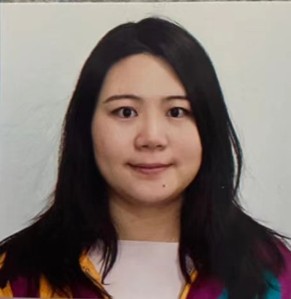 Dr. Longhui Zou is an assistant professor at the University of Montana, holding a Ph.D. in
Translation Studies from Kent State University. Her research focuses on English-Chinese translation,
LLM-assisted post-editing, and translation processes. She specializes in examining the behavioral patterns
of human translators through empirical data and investigating the integration of translation technologies.
Dr. Zou’s work delves into the cognitive processes and linguistic patterns in human-GenAI interactions
during translation and post-editing, aiming to optimize LLM-assisted machine translation, enhance
human-computer collaboration, streamline post-editing workflows, and support the long-term sustainability of
human translators.
Dr. Longhui Zou is an assistant professor at the University of Montana, holding a Ph.D. in
Translation Studies from Kent State University. Her research focuses on English-Chinese translation,
LLM-assisted post-editing, and translation processes. She specializes in examining the behavioral patterns
of human translators through empirical data and investigating the integration of translation technologies.
Dr. Zou’s work delves into the cognitive processes and linguistic patterns in human-GenAI interactions
during translation and post-editing, aiming to optimize LLM-assisted machine translation, enhance
human-computer collaboration, streamline post-editing workflows, and support the long-term sustainability of
human translators.
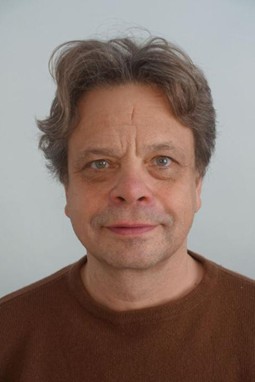 Dr. Michael Carl is a Distinguished Professor at Kent State University/USA and Director of
the Center for Research and Innovation in Translation and Translation Technology (CRITT). He has worked and
published for more than 25 years in the fields of Machine Translation, Computational Linguistics,
Translation Studies and Translation Process Research. He has lived and worked in many parts of the world and
organized numerous panels, tutorials, workshops, and conferences.
Dr. Michael Carl is a Distinguished Professor at Kent State University/USA and Director of
the Center for Research and Innovation in Translation and Translation Technology (CRITT). He has worked and
published for more than 25 years in the fields of Machine Translation, Computational Linguistics,
Translation Studies and Translation Process Research. He has lived and worked in many parts of the world and
organized numerous panels, tutorials, workshops, and conferences. For more than 10 years he maintains and extends CRITT's Translation Process Research-Database (TPR-DBv), a publicly available resource that contains several hundred of hours behavioral translation data (essentially keylogging and gaze data) collected during thousands of translation sessions and hundreds of translators with different profiles, language directions and expertise. His work in the past decade was mainly centered around the conceptualization, analysis, and evaluation, as well as the empirically grounded modelling of the CRITT TPR-DB data.
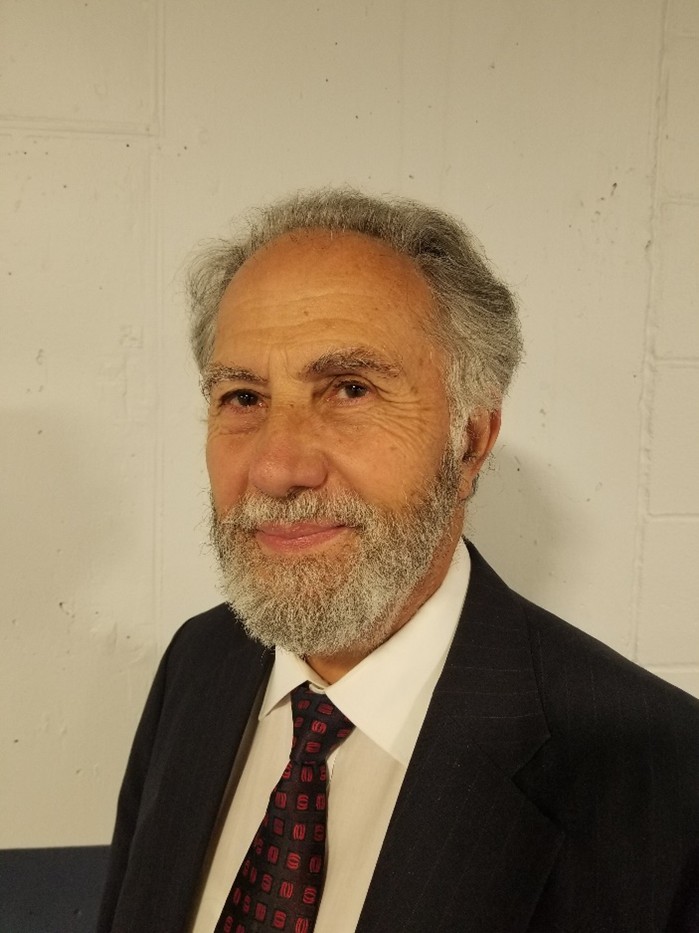 Dr. Alan Melby has been active in the field of translation technology for over 50 years,
starting in 1970, when he was a founding member of a machine translation project at Brigham Young
University, where he earned an interdepartmental PhD in Computational Linguistics in 1976. Over the past
five decades he has lived through all three paradigms of machine translation: rule-based, statistical, and
"neural". He has not only a technical background but also a linguistic background. He is an ATA-certified
French-to-English translator and taught translation theory and practice for many years. He believes that
discussions of Artificial Intelligence need to go beyond software engineering and include philosophy of
language. Melby's 1995 book The Possibility of Language, published by John Benjamins, does just that. More
recently, he was invited to write the main chapter on machine translation for the 2019 Routledge handbook of
translation and technology. His activity has not been purely academic. He served for ten years on the board
of directors of the American Translators Association (ATA) and was then designated as the ATA representative
to FIT (the International Federation of Translators), where he currently serves as Chair of the FIT
Standards Committee, a member of the FIT Technology Committee, and Chair of the FIT North America regional
center.
Dr. Alan Melby has been active in the field of translation technology for over 50 years,
starting in 1970, when he was a founding member of a machine translation project at Brigham Young
University, where he earned an interdepartmental PhD in Computational Linguistics in 1976. Over the past
five decades he has lived through all three paradigms of machine translation: rule-based, statistical, and
"neural". He has not only a technical background but also a linguistic background. He is an ATA-certified
French-to-English translator and taught translation theory and practice for many years. He believes that
discussions of Artificial Intelligence need to go beyond software engineering and include philosophy of
language. Melby's 1995 book The Possibility of Language, published by John Benjamins, does just that. More
recently, he was invited to write the main chapter on machine translation for the 2019 Routledge handbook of
translation and technology. His activity has not been purely academic. He served for ten years on the board
of directors of the American Translators Association (ATA) and was then designated as the ATA representative
to FIT (the International Federation of Translators), where he currently serves as Chair of the FIT
Standards Committee, a member of the FIT Technology Committee, and Chair of the FIT North America regional
center.
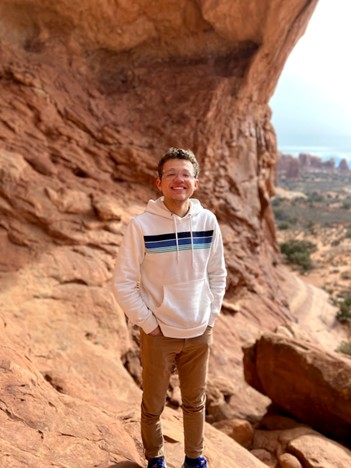 Brandon Torruella A recent graduate from Brigham Young University in Provo, Utah, USA,
Brandon studied Linguistics with an emphasis on Language Technology. His research interests include medieval
languages and computational linguistics. He also enjoys bluegrass mandolin and international cinema. He
currently works as a software developer at LTAC Global developing software for translation tools and data
visualization.
Brandon Torruella A recent graduate from Brigham Young University in Provo, Utah, USA,
Brandon studied Linguistics with an emphasis on Language Technology. His research interests include medieval
languages and computational linguistics. He also enjoys bluegrass mandolin and international cinema. He
currently works as a software developer at LTAC Global developing software for translation tools and data
visualization.
Leveraging Examples in Machine Translation: A Guide to Retrieval and Integration Strategies
Monday, 23 June (1.30 pm - 5 pm)
Retrieval-Augmented Generation (RAG) systems are growing popular in the era of Large Language Models (LLM). Nonetheless, retrieval augmentation has a long time story tied to Machine Translation (MT). This tutorial aims to put in perspective the various techniques used to (1) retrieve relevant examples for databases; (2) integrate them into MT models. We will uncover how the selection of examples can be performed (fuzzy matching, cross-lingual retrieval), some of the model architectures (edit-based models, augmented encoder-decoder generation models, LLMs), as well as how the augmentation affects the output. The target audience are academics and industry professionals wishing to incorporate examples to improve their translation quality.
Tutorial organisers:
 Maxime Bouthors is a soon-to-be Ph.D. graduate working at ISIR - Sorbonne Université -
CNRS, in collaboration with SYSTRAN by ChapsVision. His research focuses on Retrieval-Augmented Neural
Machine Translation, and his thesis title is "Towards Example-Based Neural Machine Translation".
Maxime Bouthors is a soon-to-be Ph.D. graduate working at ISIR - Sorbonne Université -
CNRS, in collaboration with SYSTRAN by ChapsVision. His research focuses on Retrieval-Augmented Neural
Machine Translation, and his thesis title is "Towards Example-Based Neural Machine Translation".
 Josep Maria Crego earned his Ph.D. from the Polytechnic University of Catalonia,
specializing in Statistical Machine Translation. He further pursued his work in this field as a research
associate at the LIMSI-CNRS laboratory. Since 2011, he has been with SYSTRAN by ChapsVision, where he now
serves as the Head of Research.
Josep Maria Crego earned his Ph.D. from the Polytechnic University of Catalonia,
specializing in Statistical Machine Translation. He further pursued his work in this field as a research
associate at the LIMSI-CNRS laboratory. Since 2011, he has been with SYSTRAN by ChapsVision, where he now
serves as the Head of Research.
Best practices for data quality in human annotation of translation datasets
Tuesday, 24 June (1.30 pm - 5 pm)
High-quality human annotations are essential for developing and evaluating machine learning (ML) models. However, annotation is a complex task, and creating reliable annotation datasets requires addressing multiple challenges. This tutorial provides comprehensive guidance on best practices for managing data quality in human annotation of translation datasets using the Multidimensional Quality Metrics (MQM) framework. Drawing from both academic research and industry experience, we cover the complete annotation lifecycle: from initial setup and annotator management to quality evaluation and improvement strategies. Through theoretical foundations and a practical demonstration, participants will learn concrete guidelines they can apply to create more reliable and consistent annotation datasets.
Tutorial organisers:
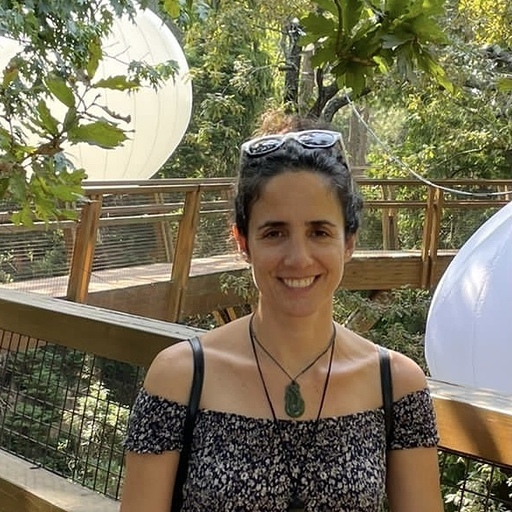 Marina Sánchez Torrón is a Linguistic Engineer at Smartling with over 20 years of
experience in the language industry, having previously worked as a translator, a computational linguist, and
a language analyst. She holds a Ph.D. in Translation Studies from The University of Auckland. Her expertise
and research interests revolve around translation quality, UX and AI.
Marina Sánchez Torrón is a Linguistic Engineer at Smartling with over 20 years of
experience in the language industry, having previously worked as a translator, a computational linguist, and
a language analyst. She holds a Ph.D. in Translation Studies from The University of Auckland. Her expertise
and research interests revolve around translation quality, UX and AI.
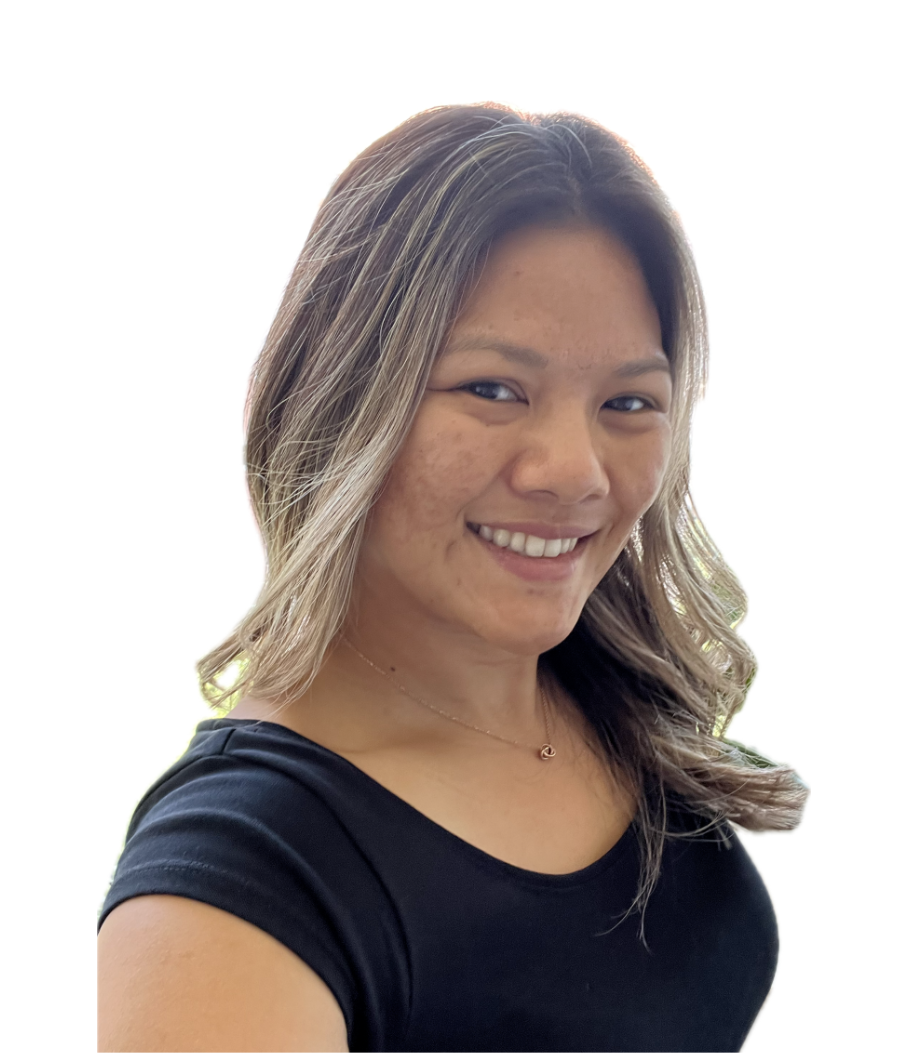 Jennifer Wong has been working with Machine Learning technology since 2018, which led to
her current role at Smartling where she is currently driving the AI technology research and development
strategy. Her career has spanned SaaS for e-commerce, fintech, and localization, where she focused on UX,
Product Management, and enterprise implementation. Jennifer has a diverse background and received her MS,
Design for Interaction, Industrial Design Engineering at Delft University of Technology. Jennifer is a
frequent presenter at industry conferences and webinars.
Jennifer Wong has been working with Machine Learning technology since 2018, which led to
her current role at Smartling where she is currently driving the AI technology research and development
strategy. Her career has spanned SaaS for e-commerce, fintech, and localization, where she focused on UX,
Product Management, and enterprise implementation. Jennifer has a diverse background and received her MS,
Design for Interaction, Industrial Design Engineering at Delft University of Technology. Jennifer is a
frequent presenter at industry conferences and webinars.
Social events
Welcome reception
Tuesday, 24 June (6.30 pm)
Join us by the lake for the conference's official opening.
Restaurant de la plage offers a stunning view of the famous Jet d’eau and Lake Geneva, with the Jura mountains in the background! Enjoy drinks and light snacks and even head out for a dip in the lake!
Location:
75 Quai Gustave-Ador
1207 Geneva
About half an hour from the conference by bus.
Bus 2 – direction Genève-Plage, stop at Parc Plage Eaux-Vives
Check out our venue map and additional info below.
Note regarding badges: the welcome desk at the conference venue (Uni Mail) will close at 5.30pm. If you are heading directly to the welcome reception, you can pick up your badge there from 6.30pm. Else you can of course pick up your badge on any of the following days at the welcome desk.

Conference tour
Wednesday, 25 June (6 pm)
Discover our beautiful city through a choice of activities.
You have registered for the Conference tour? You will receive an email invitation to choose one of the options below.
Places for each option are limited, make sure to respond soon!
This activity can accommodate up to 50 participants.
This activity is wheelchair accessible.
This activity can accommodate up to 100 participants in total, with up to 60 places available for the guided tours.
This activity can accommodate up to 60 participants.
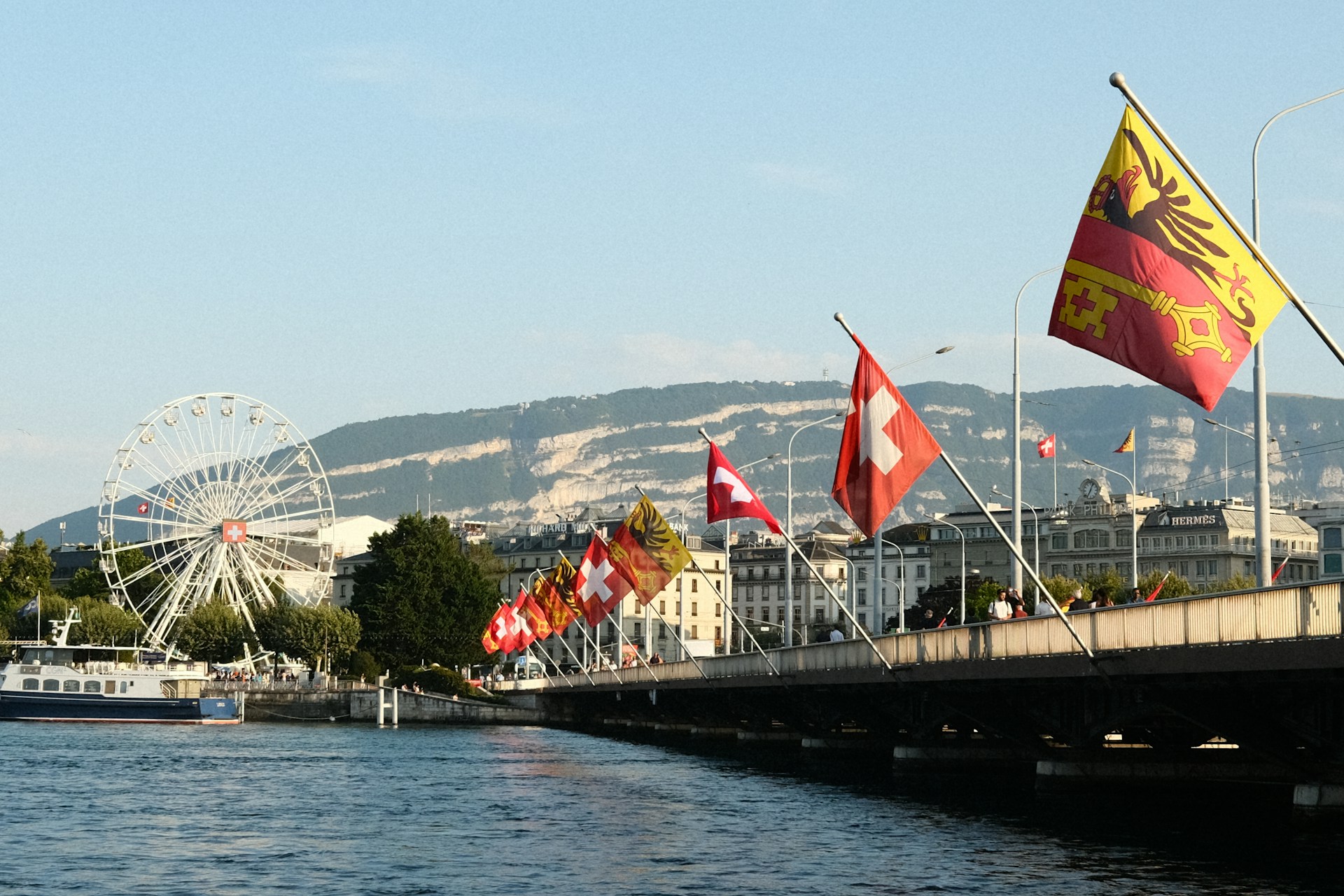
Conference dinner
Thursday, 26 June (7 pm)
For this edition, we decided to switch up the traditional gala dinner and propose a conference party instead.
Cercle des Bains will host us with a (progressively) festive atmosphere.
After a cocktail dinner, including a selection of local delicacies, you can venture to the dance floor or
simply enjoy casual conversations with colleagues over a drink.
Location:
Rue des Vieux-Grenadiers 8-10
1205 Geneva
10-minute walk from the conference venue. View directions in google maps here.
Bus 91 – direction Pointe de la Jonction, stop at Bains
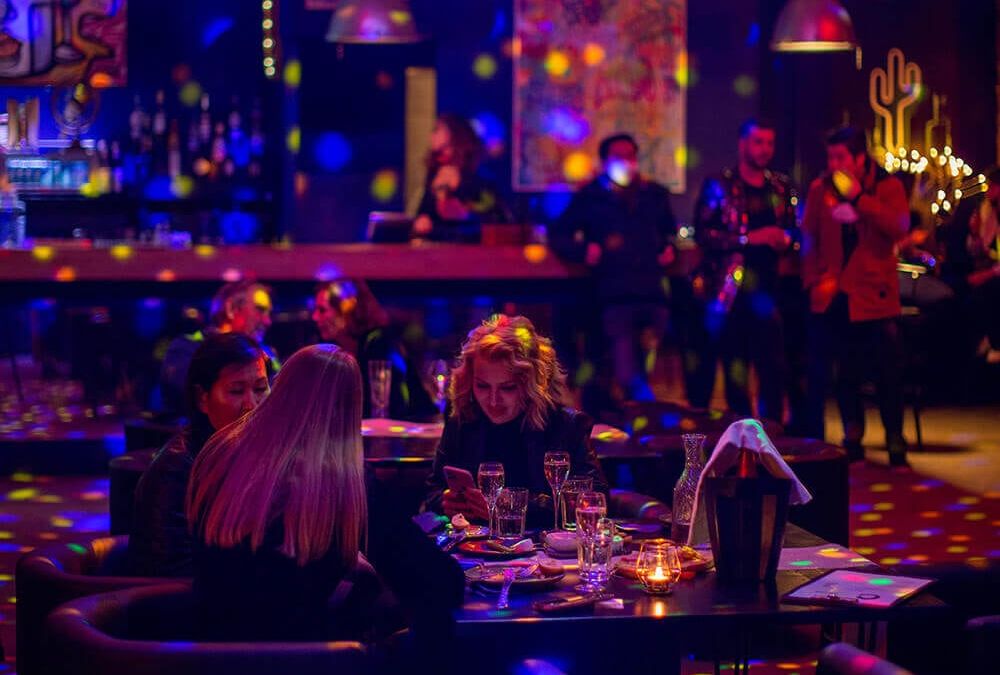
Venue map
Find all conference and event venues on the map below, or open the list in google maps on your device.